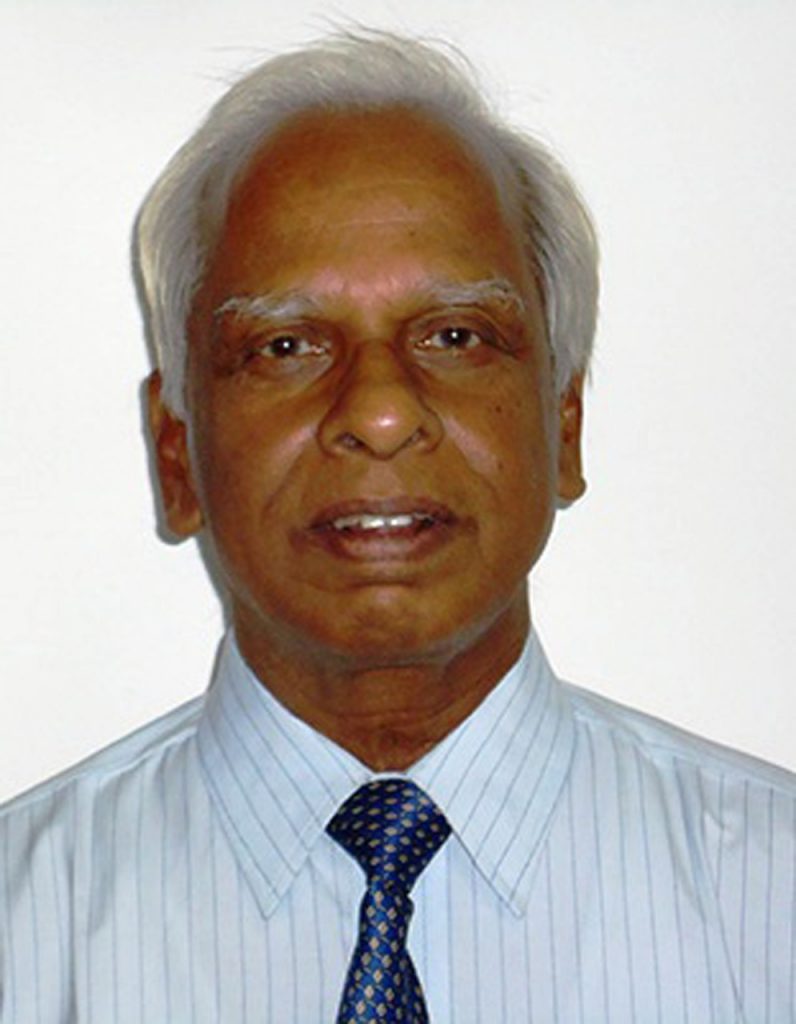Glossary making is a technical matter and it is very unlikely that people in general will be interested in this subject. But at least in the matters of education, I believe, it is the specialist’ responsibility and duty to inform them about the general ideas of a technical project and its application, in a language which they would understand. Because it would impact them eventually, no matter that the impact would be indirect. No issue at all if it becomes a one-way interaction between the specialist and the people.
Now, if we wish to intervene in favour of a shift to our languages in technical education at the college level, we need to create discourse in the relevant knowledge domain. It is plain commonsense that for the creation of any discourse in a certain language in a certain knowledge domain, coining words relevant to that domain, is absolutely necessary. But we know that words by themselves do not create a discourse. Words constitute the resource but unless they are used in speech and writing there will be no discourse. We are too aware of the fact that because of lack of use, many dictionaries and glossaries of technical terms in our languages have had only library- existence till now. By providing for higher technical education in the mother tongue, NEP 2020 has created a situation in which the discourse under reference is bound to emerge.
Incidentally, what is a technical term? Technical terms as commonly understood are terms that are used in science and technology or law or banking alone. This is a limiting description of the expression. Any term which is used in a special sense, i.e., not used in the sense in which it is commonly used in the language, is a technical term. In linguistics, for example, “competence” is used not in the same sense in which it is commonly used. There “competence” is “knowledge”; in common usage, it is “ability”. Consider the word “power”. In mathematics or physics, it is not used in the same sense in which it is commonly used in English. The word “energy” does not mean the same thing in physics as it does in common usage. So let’s say, there are two words “power 1” and “power 2” or “competence 1” and “competence 2. These paired words are pronounced alike and spelt alike but are quite different with respect to their semantic content, therefore in their use – one is used in ordinary, day-to-day language, and the other, in the relevant knowledge discourse. There is nothing new in this; general purpose dictionaries embody this idea.
Coining technical terms for a particular field of knowledge is not enough; it is necessary to prepare a glossary as well in some cases. A glossary clarifies and may add to the semantic content of the term. For instance, the standardly used word in English for “purana” is “epic” but these are at best near-equivalents. In Sanskrit literary criticism, “purana” has features that “epic” of English literary criticism does not have – a narrative of the origin of the universe, for just one instance. This important difference can be mentioned in the glossary of literary terms in English. Similarly, “swarga” and “narka” of Hindu theology are not the exact equivalents of “heaven / paradise” and “hell” of the Christian theology, although these are standardly taken as terminological equivalents. “Swarga” and “narka” are temporary abodes, whereas in those belief systems that have no notion of rebirth, such as the Christianity, “heaven” and “hell” are the permanent abodes of the soul. This difference which is not easy to capture in a word, can be mentioned in the explication of it, namely in the associated glossary.

In creating technical terms in our languages, one must not be committed to the idea of the “pure” form of the language. Concerned with what they think is “too much language -mixing” by the users of Odia, some intellectuals of Odisha observe that it’s time to insist on the use of “pure Odia” in speech and writing. Going by the way it is used in Odia newspapers and television discussions, “pure Odia” means complete non-occurrence of English and Hindi words (haven’t heard anyone mentioning Bengali in this context) in written and even spoken Odia.
But what is an “Odia word”? Merely because a certain word has a non-native origin, it need not necessarily be considered to be a foreign word. The words “school”, “college”, “train”, “bus”, rickshaw, etc. came to Odia from English but because they have frequently been used over so many decades by people of all sections in the society, they have become part ofOdialanguage. Whether a particular word belongs to a certain language is a question of whether it is used at that point of time by people in one context or the other. For example, one might observe that in the nineteenth century, “train” or “tram” were foreign words in Odia but in 2022, they are not, for the reason given above. Therefore words from the non-native sources are not to be treated as foreign words for all time. So rejecting words from non-native sources for the creation of technical terms lacks justification.
Terminology creation should be done by a team of subject experts, who know the language (Odiain the project of terminology creation in Odia) and a language expert, ideally someone, who has some basic knowledge of the subject. Then the work must be vetted by a team of subject and language experts, who must work together with the team of the glossary-makers. This in fact is the practice in some institutions, Central Institute of Indian Languages (CIIL) being one such.
Ordinarily after the vetting is done, the dictionary or the glossary is generally accepted for publication or is made available to all concerned through the internet. We suggest that more has to be done with regard to the evaluation of the terminological dictionary and the glossary before they are made available to the public. The potential users, who are mostly the non-specialists, must be involved in the process of evaluation. It is an unacceptable situation when the experts coin the terms and provide brief explanatory notes to each, other experts vet the work and the users are expected to use the same. Whether the work is user-friendly or not, the experts cannot decide; the user will. This process of validation by the user would require time, effort and interaction between the experts involved and the potential users, say, the subject teachers, the students, the material producers and the non-specialist intellectuals. Technical terms are coined and glossaries are prepared for general use; if that does not happen, then then the same would have only library existence and very importantly, technical discourse in the language would not emerge and the language would not become the carrier of the relevant knowledge.
Generally speaking, the intellectuals trivialize glossary making and dictionary making and the like, and consider such work as mechanical and uncreative. This of course is not the right thinking and the right attitude. Dictionary, encyclopedia and glossary makers will continue to serve their language and their speech community even without recognition and appreciation from the intellectuals but the question is, shouldn’t the society have a word of appreciation for them, who contribute immensely to the enrichment and the enablement of their language by increasing its expressive power?
(The views expressed are the writer’s own)

Prof. B.N.Patnaik
Retd. Professor of Linguistics and English, IIT Kanpur
Email: [email protected]
(Images from the net)

